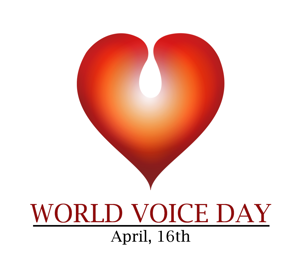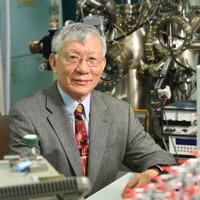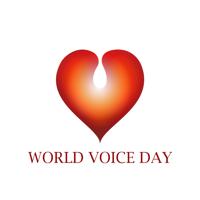The Transient Theory of Human Voice Production with Dr Julian Chen
Sunday 16th April 2023, 5:00 PM - 7:00 PM (London Time)
This event is free-to-attend as part of our World Voice Day celebrations.
In 1957, French physiologist Philippe Fabre invented the electroglottograph, which can accurately determine the closing and opening instants of the glottis in vivo. In 1984, Donald Miller and Harm Schutte further placed two pressure sensors immediately above and below the glottis, measured the air pressures across the glottis.
This experimental evidence enabled a scientific understanding of human voice production.
And so a refined version of the transient theory of human voice production, the timbron theory, initially proposed by Leonhard Euler in 1727, is established. In this lecture, experimental output and the timbron theory of human voice production are presented in an easy to understand graphical format.
Content:
According to that theory, the time between two adjacent glottal closing instants accurately defines the pitch period, and the sound waveform in each pitch period contains full information on the timbre. A method of extracting glottal closing instants from sound waves and a graphical display, the pitch-synchronous spectrogram, are presented.
Among the samples of human voice, the sound recordings of Luciano Pavarotti are analyzed. Some characteristics of the master singer are shown, and hints of how to improve the quality and volume of voice are presented.
Finally, the theory and parametrization method for human voice developed in early 20th century, the source-filter theory and linear prediction coefficients (LPC), are outlined.
Comparing with the more accurate timbron theory and pitch-synchronous parametrization method, the deficiencies of the source-filter theory and the LPC method are discussed.
Dr Julian Chen
Julian Chen received a PhD in Physics from Columbia University in 1985, then joined IBM Research Division as a Research Staff Member...
World Voice Day
World Voice Day takes place on 16th April annually. It is acknowledged across the globe, with the main goal being to increase awareness of voice and voice issues.
Sorry, this is an archived short course...
We have plenty of upcoming short courses coming soon. See details of some of them below or look at the full list of short courses.
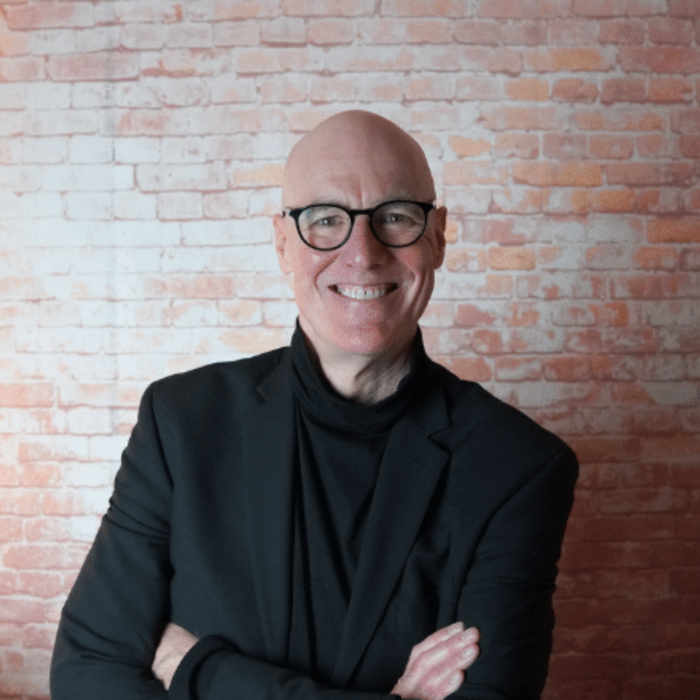
Tuesday 22nd July 2025
5:00 PM - 7:00 PM
Tuesday 29th July 2025
5:00 PM - 7:00 PM
Tuesday 5th August 2025
5:00 PM - 7:00 PM
Tuesday 12th August 2025
5:00 PM - 7:00 PM
Tuesday 19th August 2025
5:00 PM - 7:00 PM
Tuesday 26th August 2025
5:00 PM - 7:00 PM
(London Time)
Certificated Public Speaking Coach qualification - with John Henny

John Henny
Would you like to be a certified public speaking coach? Join the renowned John Henny for this exciting new online course! This six-week online certification course is designed to equip voice teachers with the specialised skills needed to work with public speakers, corporate trainers, educators, and presenters. Unlike a general public speaking course, this program is specifically tailored to train-the-trainer, giving voice professionals structured methodologies, coaching techniques, and applied skills to enhance vocal delivery, confidence, and influence in professional speakers.
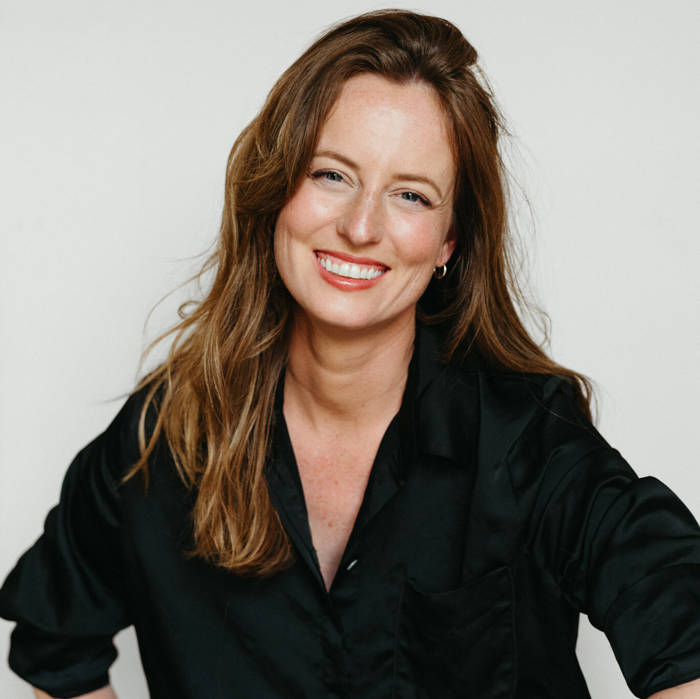
Thursday 24th July 2025
5:00 PM - 6:00 PM
(London Time)
Transitioning From Soprano To Mezzo-Soprano - Pedagogical Approaches!

Dr Caitlin Moore
This workshop will explore the considerations for transitioning from soprano to mezzo-soprano. We will examine the history and vocal science related to voice classification as well as interviews with singers and voice teachers. Interviews feature singers who have experienced this Fach change themselves, as well as voice teachers who have helped singers navigate this shift.
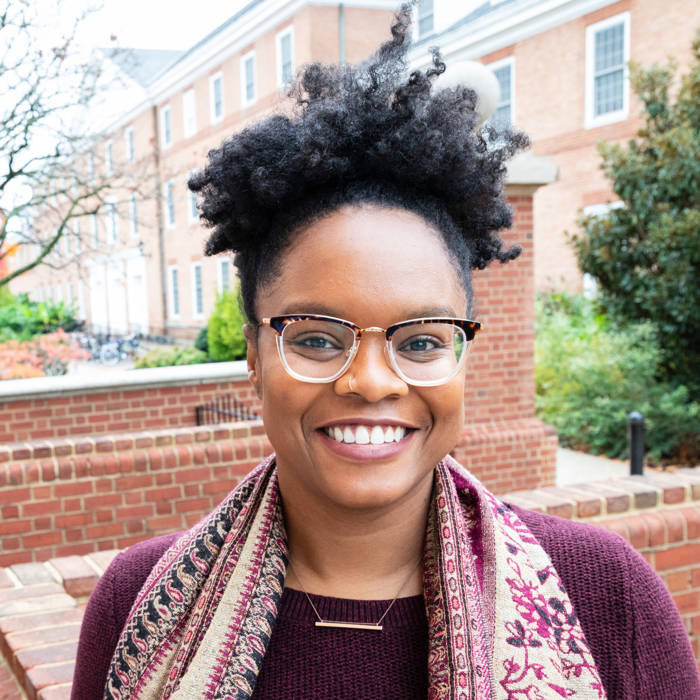

Tuesday 29th July 2025
5:00 PM - 7:00 PM
(London Time)
Towards a Jazz Pedagogy: Lessons from Legends and Educators!

Dr Autumn Griffin
Join Dr Autumn Griffin as she explores the foundational tenets of jazz pedagogy as both a conceptual and practical framework for teaching, in this two-hour workshop. Drawing from her research in “Towards a Jazz Pedagogy: Learning with and from Jazz Greats and Great Educators,” she’ll investigate how jazz (its historical and cultural legacy, structure, improvisation, and relationality) can be mobilized to inform dynamic, liberatory educational practice!
